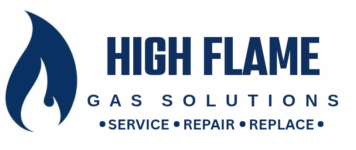Legionella risk assessments are a comprehensive evaluation of the potential risk of Legionella bacteria growth and transmission in a building’s water systems. Legionella is a type of bacteria that can cause a severe form of pneumonia known as Legionnaires’ disease, which can be fatal in some cases.
The purpose of a Legionella risk assessment is to identify the potential sources of Legionella bacteria within a building’s water systems and to evaluate the risk of exposure to occupants of the building. The assessment typically includes a detailed inspection of the building’s water systems, including plumbing, cooling towers, and any other water systems that could potentially harbor the bacteria.
The assessment also includes an evaluation of the effectiveness of any existing control measures in place, such as water treatment and monitoring programs. Based on the findings of the assessment, recommendations are made for additional control measures or corrective actions needed to reduce the risk of Legionella bacteria growth and transmission.
Legionella risk assessments are typically conducted by trained and qualified professionals with experience in water systems management and control of Legionella bacteria. Regular assessments are recommended to ensure that control measures are effective and to identify any changes in the building’s water systems that could increase the risk of Legionella bacteria growth and transmission.


